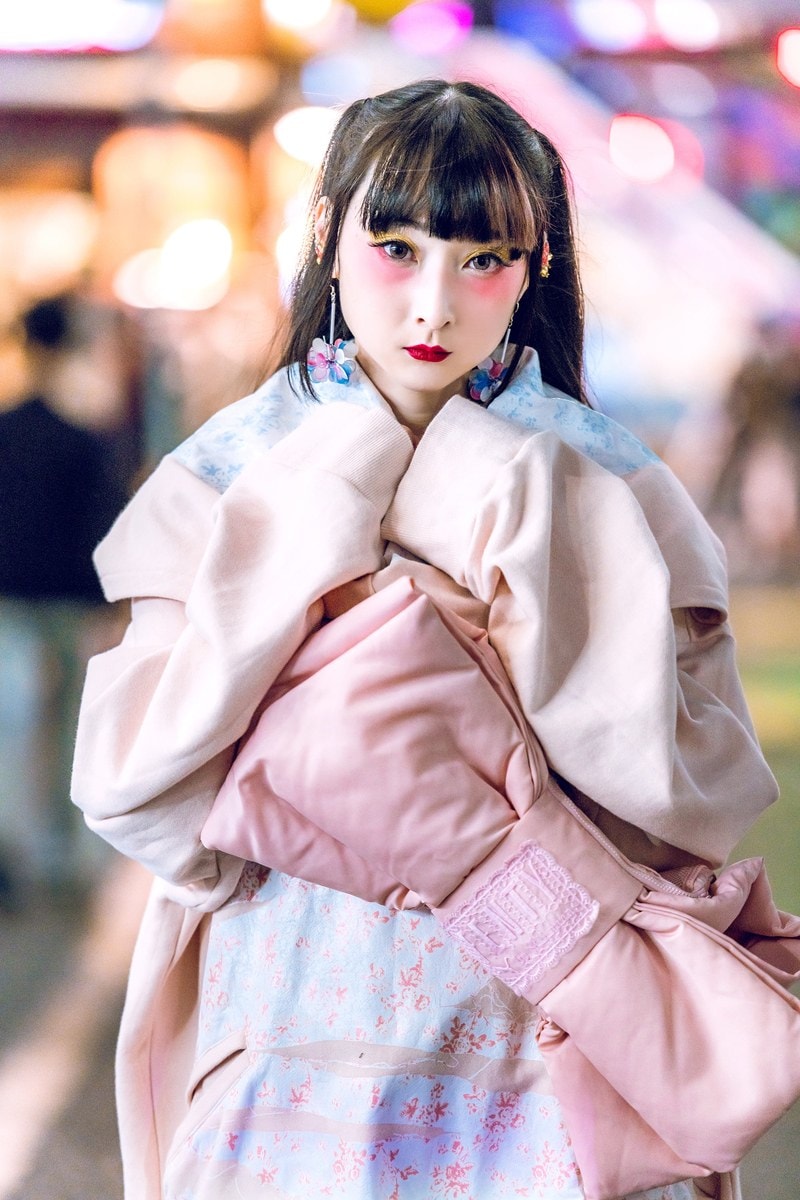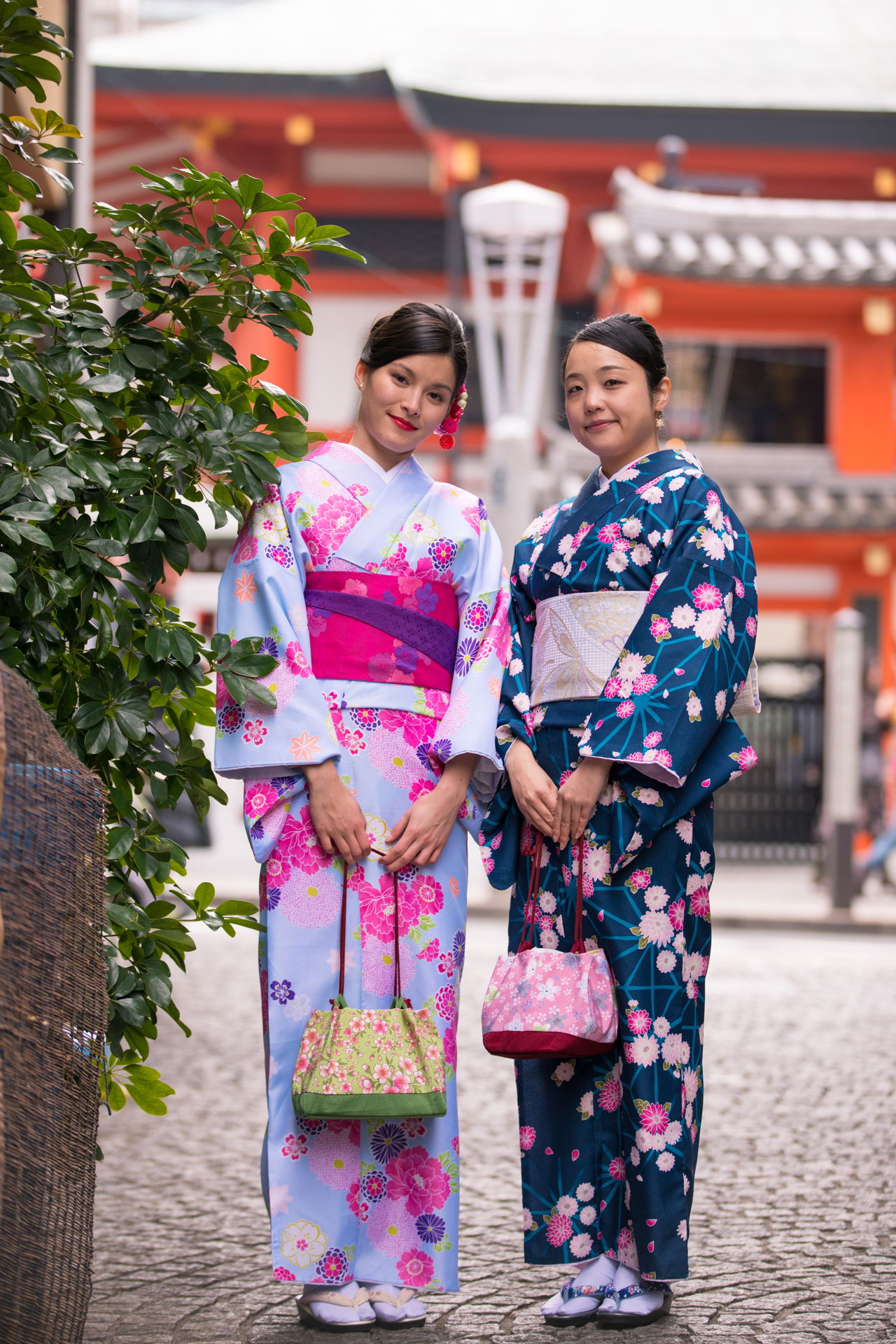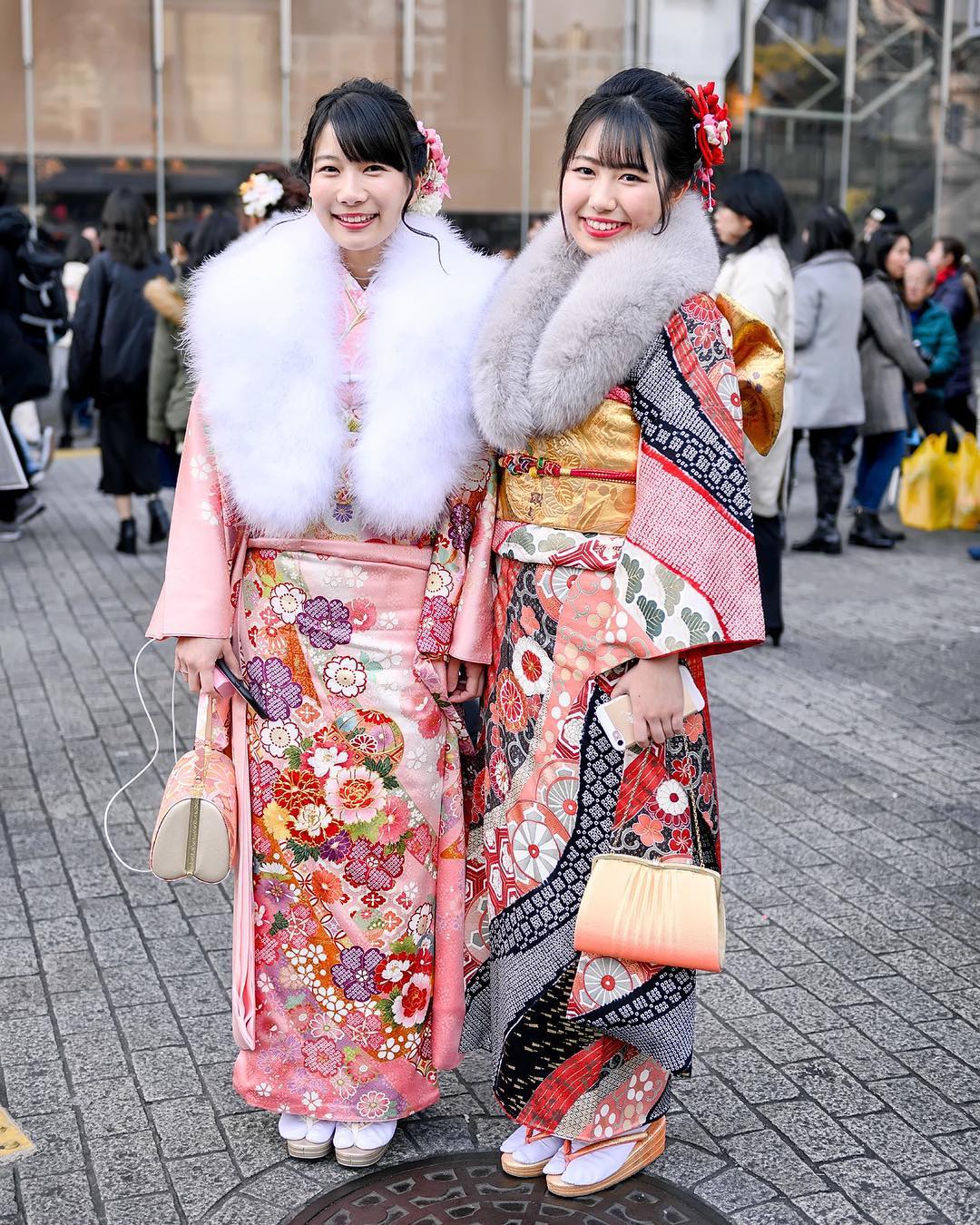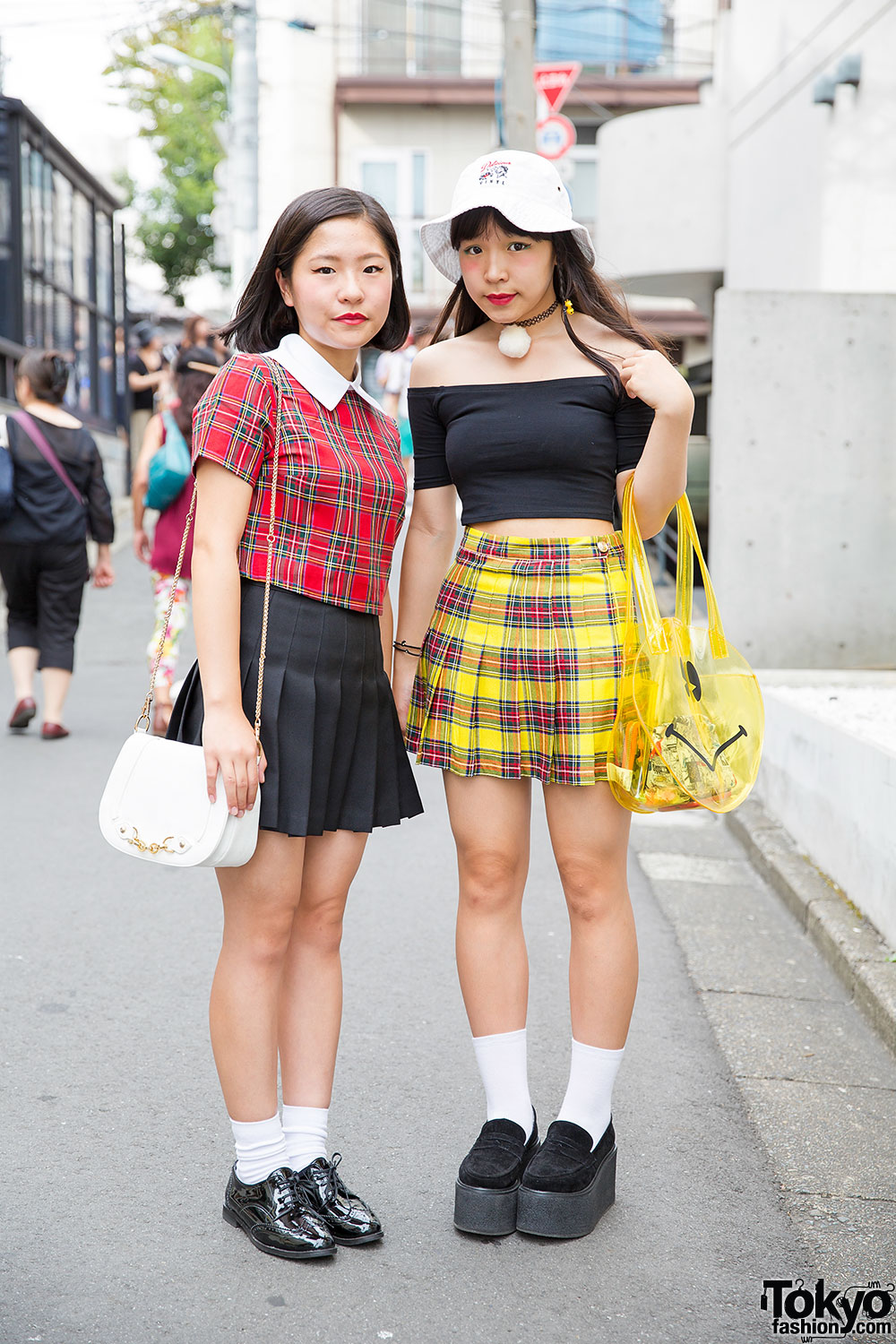Japanese couple in traditional dress. Japanese outfits, Japanese fashion, Fashion

JapanDownUnder. Traditional Okinawa. Japanese outfits, Traditional outfits, Okinawa
It was also greatly influenced by the design of Japanese homes.Traditional Japanese fashions that are still worn today include: 1. Kimono. Kimono was once worn on a daily basis by most Japanese people. In modern times, it's formal wear that's appropriate for a wide range of occasions. 2.

Kimono The quintessential hallmark of Japanese cultural identity! Clothes & Fashion
In this article, you will find out all the traditional Japanese clothing you should absolutely know about. 1. Kimono, the ultimate Japanese garment. When talking about traditional Japanese clothing, the first image that comes to mind must surely be that of a kimono. This long dress with its loose sleeves has become a true symbol of Japanese.

Japanese Traditional Clothing Fashion Japan Ladies Long Floral Kimono Yukata Quality Japansese
Zori. Zori are traditional sandals that look similar to geta, and can be made of rice straw, cloth, lacquered wood, leather, or rubber. Women's zori are always raised in the heel while men's zori are always flat. Some beautifully decorated women's zori are worn with kimono. Women's zori.

What to Wear The Best Japanese Street Fashion Trends From 2019! Otashift
In Japan, modest clothing is generally preferred, particularly for women. Avoid wearing revealing clothing, such as shorts or crop tops, in more conservative areas. Instead, opt for clothing that covers your shoulders and knees. Light layers like cardigans, scarves, or shawls can also provide additional coverage while adding a.

Vestimenta De Japon
This is a list of items of clothing, as well as clothing accessories, traditionally worn in Japan. These include items worn in both formal and informal situations, such as the kimono and happi coats, as well as items reserved for auspicious, ceremonial and/or religious occasions.. Members of the Imperial family on formal occasions, geisha, maiko, and sumo wrestlers wear variations on common.

JAPANESE TRADITIONAL CULTURAL DRESS
Traditional Japanese clothing is a result of thousands of years of cultural influence. Although most people in Japan wear "western" style clothing in their day to day life, there are traditional outfits that are worn for special events and remain an important part of the country's cultural heritage. The most famous of these fashions.

"Wearing clothes in Japan" by Francesca Japanese Verbs, Japanese Grammar, Japanese Phrases
Japan's fashion scene is known for its simplicity, elegance, and subtlety. When it comes to colour choices, the Japanese tend to favour neutral and conservative colours. This includes shades of black, grey, white, and beige. These colours are prevalent in the wardrobes of both men and women, regardless of age.

Kimono Japanese outfits, Japanese traditional dress, Japanese traditional clothing
Size Guide Available. Download Our Super Easy-To-Use App.

Tokyo Fashion Beautiful traditional Japanese furisode kimono on the streets of Shibuya, Tokyo
Although Japan is a modern country, Japanese still keep their tradition very well. You still see them wearing traditional clothing in the wedding ceremonies and 祭り (matsuri - festival). If you have a chance to stay in 旅館 (ryokan - Japanese-sytle inn) in Japan, you will also get to wear the 浴衣 (yukata - Japanese Summer Kimono).

Clothes in Japanese Japanese language learning, Japanese language, Learn japanese words
Fashion in Japan has changed tremendously in the past several years, and continues to evolve. Whether you've been living in Japan for many years, or just a few years, it can be difficult to keep up with and follow trends, unwritten rules, and fashion expectations in Japan — especially because they can be quite different From what you grew up with or are used to.

japanesecoupleintraditionaldress image Free stock photo Public Domain photo CC0 Images
Clothing tips for Men. Casual: Most men in Japan wear t-shirts and pants or shorts with stylish tennis shoes on a typical day out of the office. Business: For men on business, pack dark colored suits with a blue or white shirt. Other colors are worn but blue and white are considered the most common.

Buy Free shipping Japanese Traditional Cotton clothing Kawaii Japan Yukata
Happi & Hanten - 法被と半纏. Hanten (半纏) is short winter outerwear made with cotton padding to keep you warm in the cold weather. It is worn on top of the kimono and both men and women can wear it. Happi (法被) is also a short coat similar to the hanten. The difference between them is that the happi is more casual than the hanten.

kimono daisuki // Japanese outfits, Japanese traditional clothing, Japan dress
Today we learned some clothes vocabulary in Japanese! Let's go over what we learned today and then we will see a list of extra Japanese clothes vocabulary. Youtube Twitter Facebook Kakehashi storenvy. Chaussures, sacs et vêtements ; IetpShops - Adidas Alphaedge 4D Reflective - Adidas Originals Spring - Summer 2007 Look Book

Japanese couple in traditional dress. Japanese outfits, Japanese fashion, Fashion
Traditional Japanese Clothing & Homewares Evoke the spirit of Japan with the beautiful range of traditional Japanese clothing and homewares at Old Kyoto.. In our store you will find men and women's Kimono, Yukata, Haori and Happi gowns, as well as children's Jinbei sets. Old Kyoto also has a wide collection of authentic Japanese decore, wall hangings, tablewear and gifts.

Top 10 Japanese Street Fashion Trends Summer 2014
Kimonos have a lot of layers from top to bottom. When putting on a kimono, you must always wear it left over right. Only the dead wear their kimono right over left. The kimono is tube-like, and you must always keep it parallel to the ground. Yukatas are similar to kimonos but are cheaper and come in more color variety.

Top Class Japan Ancient Kimono for Women Japan Traditional clothes Adult Stage Clothes Japan
Yubi ga kōtte imasu. (My) fingers (are) frozen. びしょ濡れです。. びしょぬれ です。. Bishonure desu. (I) am soaking wet. I hope you enjoyed today's lesson. Here are a few recommended Japanese lessons to try next: Describing the colors in Japanese is essential to spice up your conversational skills.